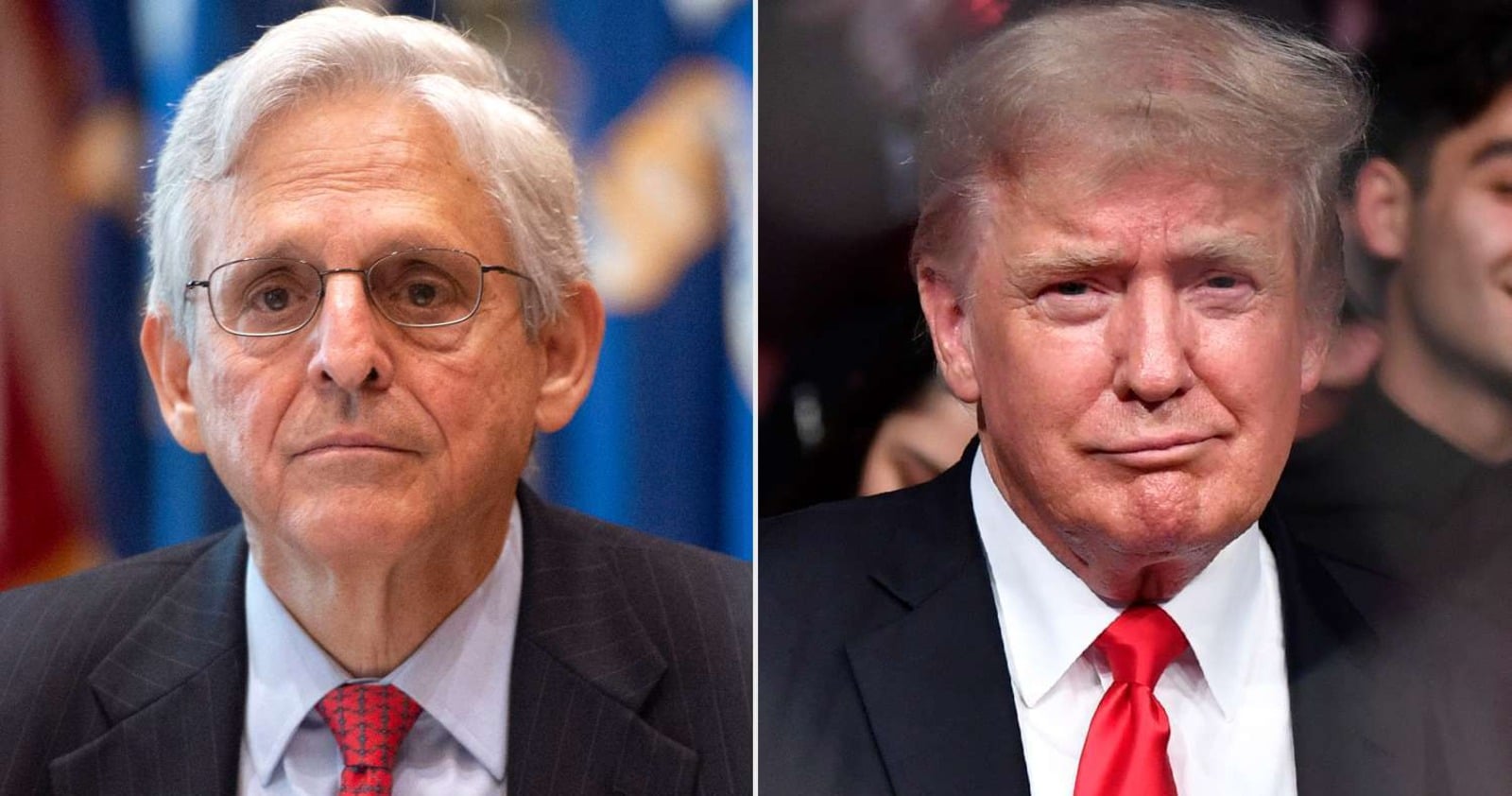OPINION: This article may contain commentary which reflects the author's opinion.
A federal appeals court in Washington, D.C. has made a ruling that might have significant consequences for the people who were arrested after the Jan. 6, 2021 protest at the U.S. Capitol Building.
The court stated that some of the arrestees were given “improper” sentences. On Friday, the U.S. Court of Appeals for the D.C. Circuit found that Larry Brock’s sentence was flawed since the charges of “interference with the administration of justice” were wrongly included in it.
The court’s opinion, written by Circuit Judge Millett, stated that enhancing the sentence for interfering with Congress’ certification of the electoral votes in the 2020 presidential election is not justifiable.
“Brock challenges both the district court’s interpretation of Section 1512(c)(2)’s elements and the sufficiency of the evidence to support that conviction. He also challenges the district court’s application of the three-level sentencing enhancement for interfering with the ‘administration of justice,'” Millett wrote.
The appeals court affirmed Brock’s conviction but disagreed with how he was sentenced, noting: “As for Brock’s sentence, we hold that the ‘administration of justice’ enhancement does not apply to interference with the legislative process of certifying electoral votes.”
While other aspects of Larry Brock’s conviction were upheld, the higher court nevertheless ruled it would “vacate Brock’s sentence” while remanding the case back to the district court to resentence the single “interference” charge.
Other Jan. 6 defendants received longer sentences under the same enhancement, and now those cases could potentially be overturned as well.
“Larry Brock participated in the violent January 6th riot at the United States Capitol that forced the evacuation of members of Congress and their staff and prevented Congress’s certification of the 2020 presidential election until the next day. After a bench trial, the court convicted Brock of six crimes, including corruptly obstructing Congress’s certification of the electoral count under 18 U.S.C. § 1512(c)(2),” Judge Millet wrote.
“At sentencing, the district court applied a three level sentencing enhancement to Brock’s Section 1512(c)(2) conviction on the ground that Brock’s conduct resulted in ‘substantial interference with the administration of justice,'” he added.
Fox added:
Brock was initially arrested and charged on January 6, 2021, on just two charges: knowingly entering or remaining in any restricted building or grounds without lawful authority, and violent entry and disorderly conduct on Capitol grounds.
The “interference” charge was added at a later date.
According to the U.S. Attorney’s Office, D.C., Brock was charged after he attended then-President Trump’s “Stop the Steal Rally” on the morning of January 6th.
He then marched with others to the U.S. Capitol, entering the building at approximately 2:24 p.m.
“When he arrived, Brock ascended the Upper West Terrace and entered the building through the door to the Senate Wing. After exiting, he attempted to open a set of secured doors marked ‘U.S. Senate’ with an unidentified set of keys,” the U.S. attorney’s office said in a filing statement.
The filing added: “Brock ultimately reached the Senate floor, where he spent approximately eight minutes walking around and looking at paperwork on desks. During this time, Brock told others not to sit in the Vice President’s chair or to be disrespectful, explaining that the rioters could not afford to ‘lose the IO war.’”
